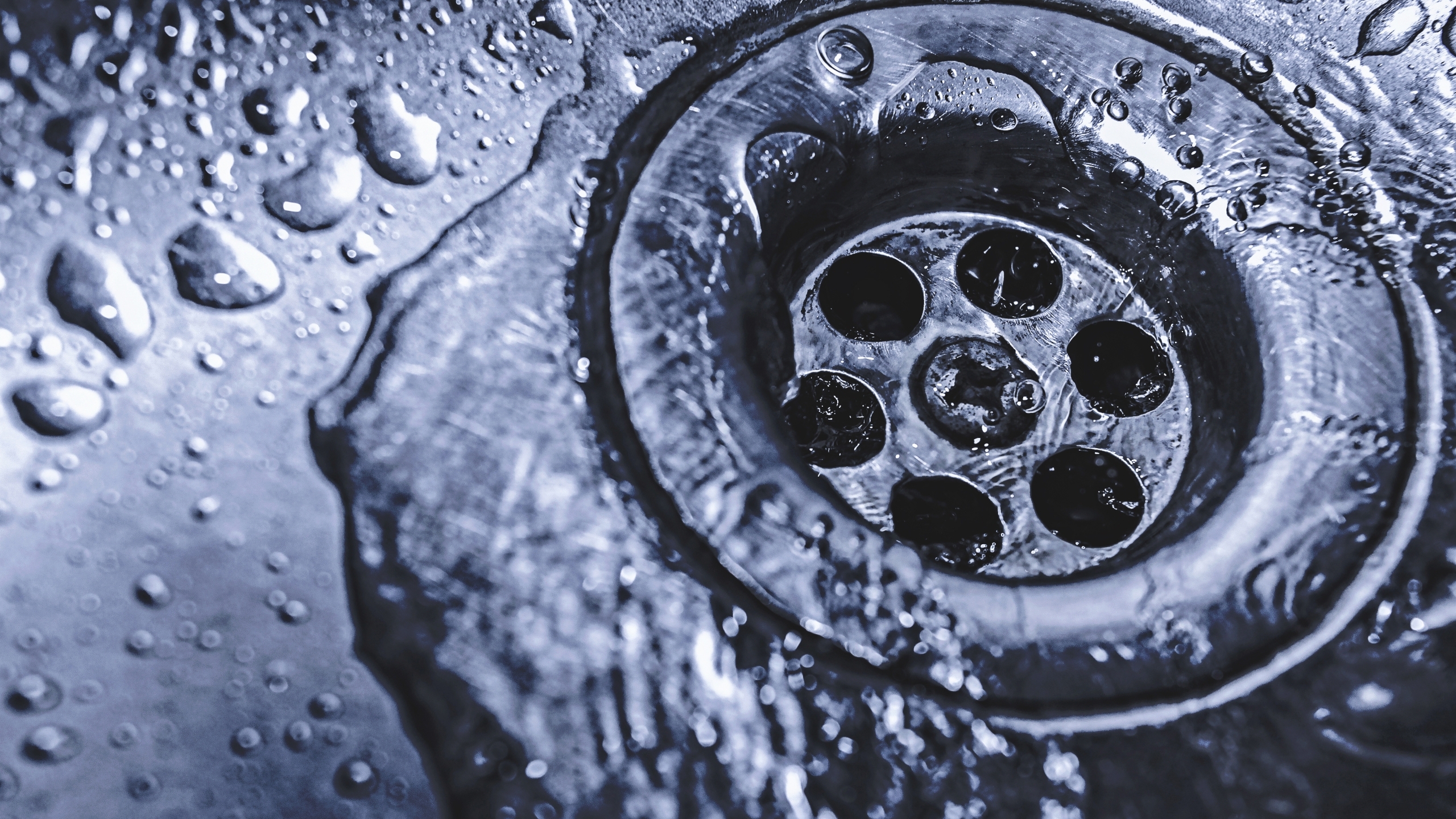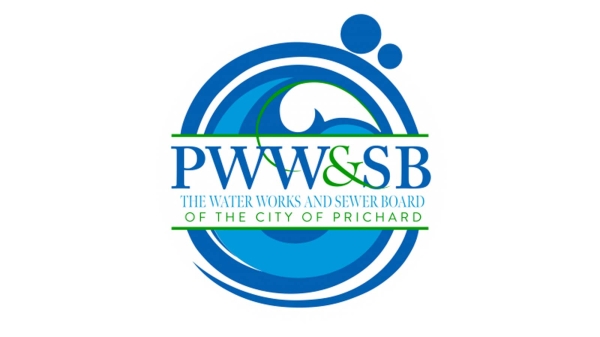World Water Day is March 22. The essential importance of water to public health and safety, the economy, and the environment has become more aware to the public since the pandemic, recent droughts, and the attack on Ukraine. While these reasons are unfortunate, a greater understanding of the value and essential role of water is beneficial.
At the turn of the previous century, the time of my grandfather’s birth only 125 years ago, most people got their water from a well and used an outhouse. These were often near one another, contributing to the spread of disease. As an adult, he had a farm and on-site water supply was essential to produce crops.
At about the same time, the industrial revolution was in full force and thousands were flocking to cities for manufacturing jobs. Birmingham is known as The Magic City because her early years were so robust the city grew “like magic.”
The need for clean and sanitary public water and wastewater systems was the genesis of the cast iron pipe industry in Birmingham. The presence of necessary resources such as iron ore, coal, and limestone within our region made north central Alabama an ideal location. Cast iron pipe manufactured in Alabama has built public water systems and ensured public health and safety all across America and even around the world. At the same time people were leaving family farms for manufacturing jobs in the cities, larger scale agriculture was developing to feed a growing nation and world. Iron and steel pipe for transmission of vast quantities of water great distances contributed to our prosperity and our ability to win two World Wars. It’s not at all a stretch to say that clean water is the greatest advancement in public health in the history of mankind. It’s also true transfer of clean water is necessary for economic development, agriculture, and industry. I’m grateful and proud to have spent my entire career in such a noble and beneficial industry.
Today, modern ductile iron pipe is made in Birmingham, and steel used for water pipe and construction of water facilities is manufactured across Alabama. Instead of ore, today we recycled scrap and thereby contribute to sustainability in a significant manner. No other pipe material is as sustainable, environmentally friendly, and resilient as iron and steel.
Alabama’s iron and steel industry directly employs 14,900 manufacturing jobs and 76,388 indirect jobs providing a multi-billion-dollar payroll and tax base and economic impact of more than 10 billion dollars. Average wages of iron and steel industry workers are very near six figures. A recent study by Auburn University’s Harbert College of Business documented this impact.
So, when you continue to wash your hands with soap and water each hour, when you cook and bathe, when you relax in your pool, when you enjoy indoor plumbing, think of and be thankful for ductile iron and steel water pipe and the iron and steel industry here in Alabama that manufactures it.



















































